Muscle Weakness
What is Muscle Weakness?
Lack of exercise, aging, muscular damage, or pregnancy is the most prevalent causes of muscle weakness. It also chronic illnesses like diabetes or heart disease. Numerous additional conditions, such as multiple sclerosis, depression, fibromyalgia, and chronic fatigue syndrome, are also candidates as causes.
Why do my muscles feel weak?
A basic workout that is too challenging can result in temporary muscle weakness. However, an underlying medical problem may occur if muscle weakness persists over time without obvious cause. When a full effort fails to result in a typical muscle contraction or movement.
When your brain transmits impulses to a muscle through your spinal cord and nerves, the muscle often contracts voluntarily. Your muscles may not contract regularly if your brain, neurological system, muscles, or the connections between them are harmed or damaged by the disease. This could result in weakened muscles.
Causes of Muscle Weakness:
Muscle weakness can be caused by many medical problems.
- Muscular dystrophies, multiple sclerosis, and amyotrophic lateral sclerosis are examples of neuromuscular diseases.
- Autoimmune conditions such as Guillain-Barré syndrome, myasthenia gravis, and Graves’ disease
- Hypothyroidism and hyperthyroidism are two thyroid disorders
- Abnormalities in electrolytes such as hypercalcemia, hypomagnesemia, and hypokalemia
Other issues that could result in muscular weakness include:
- Herniated disc
- Stroke
- Syndrome of protracted weariness
- The loss of muscle tone known as hypotonia is typically evident at birth.
- An example of nerve injury is peripheral neuropathy.
- Neuralgia is also known as a burning or sharp pain that travels along a nerve or several nerves.
- Polymyositis, often known as persistent muscular inflammation
prolonged immobility, or bed rest
Alcoholism may result in alcoholic myopathy
Complications from specific viruses and illnesses can also lead to muscle weakness, including the following:
- Polio
- West Nile virus
- Rheumatic fever
- Botulism, a fatal and uncommon illness caused by the bacteria Clostridium botulinum, can cause muscle loss.
- Another negative side effect of some drugs is muscle weakness.
Another negative side effect of some drugs is muscle weakness.
- Antiarrhythmic medications like procainamide and amiodarone
- Corticosteroids
- Colchicine, a medication for gout
Rare Causes of Muscle Weakness:
- Dermatomyositis
- Rheumatoid arthritis
- Sarcoidosis
- Becker muscular dystrophy
- Systemic lupus erythematosus
When to Contact a Doctor?
- Make an appointment with your doctor if you develop muscle weakness without a known cause.
- You may make an appointment with a primary care physician in your community using our Healthline FindCare service.
- You will be questioned about your muscle weakness, including its duration and the muscles that are impacted.
- Your doctor will also inquire about further symptoms and your family’s medical history.
Your medical professional might also examine:
- reflexes
- senses
- muscle tone
They may request one or more tests if necessary, including:
- MRI or CT scans to look at your body’s internal structures
- testing your nerves to determine how effectively they are functioning
- Using electromyography, you may assess muscle nerve activity.
- blood tests to examine the presence of any infections or other disorders
Muscle wasting-related disorders include, for instance:
- Addison’s disease
- Anemia
- Chronic fatigue syndrome
- Electrolyte disorders or imbalances
- Diabetes
- Fibromyalgia
- Hypothyroidism
- Kidney diseases
- Sleep disorders
- Infections
- Neurological conditions
Addison’s disease
This happens when an individual’s adrenal glands fail to produce enough cortisol and aldosterone.
Other typical signs of Addison’s disease, besides muscle weakness, include:
- chronic fatigue
- weight loss
- loss of appetite
- stomach pain
Anemia:
Low hemoglobin levels, which are frequently caused by an iron deficit, are indicative of anemia. Additional signs of anemia include:
- dizziness
- shortness of breath
- headaches
- cold hands and feet
- an irregular heartbeat
Chronic fatigue syndrome:
- Undiagnosed fatigue is defined as a clinician cannot link to a specific medical disease. It has another name that is encephalomyelitis with myalgia.
- People who have chronic fatigue syndrome are extremely exhausted and have trouble sleeping. Other signs consist of muscle weakness, discomfort, lightheadedness, and difficulty focusing.
Electrolyte disorders or imbalances:
- The proper functioning of the heart, brain, muscles, and nerves is supported by electrolytes. having changed electrolyte levels —Several minerals, including calcium, potassium, sodium, and magnesium, can make muscles weak.
- Hypokalemia and hyperkalemic periodic paralysis are two examples of electrolyte diseases.
Risk factors for an electrolyte imbalance include:
- Loss of fluids due to vomiting, diarrhea, or sweating
- Chemotherapy
- A poor diet
- Taking antibiotics or immunosuppressants
Diabetes:
It can cause weakened muscle.
- Numerous additional signs of muscle wasting are diabetes
- When the body either generates inadequate insulin or utilizes it incorrectly, diabetes can develop. It may harm the nerves.
- frailty
impaired mobility
fatigue
Fibromyalgia:
In addition to additional symptoms, Fibromyalgia is a chronic disorder that causes muscle pain and weakness.
- constant fatigue
- affected memory
- mood changes
Hypothyroidism:
- Muscle cramps and weakness can be caused by hypothyroidism, an underactive thyroid. These symptoms could get worse if physical activity and exercise.
Other symptoms include:
- weight gain
- feeling cold
- dry skin and hair
- fatigue
- irregular or heavy menstrual periods
- a slow heart rate
- joint and muscle pain
- depression or mood disorders
- fertility problems
A blood test can frequently identify this thyroid problem and other thyroid diseases.
Kidney diseases:
- Kidney function problems can cause metabolic waste products like creatinine to build up in the muscles. That could induce trembling in muscle weakness.
Sleep disorders:
- Sleep problems such as narcolepsy and insomnia can result in muscle weakness and daytime fatigue.
- People who must stay in bed due to a medical condition may also have muscle weakness.
- regularly work out the muscles. Problems with sleep might be dangerous for someone.
Infections:
Muscle wasting can be caused by some infectious illnesses. They consist of:
- Influenza
- Epstein-Barr virus
- Syphilis
- Meningitis
- HIV
- Polio
- Rabies
Influenza:
- Lyme disease: Following a tick bite, an inflammatory disease manifests. Chronic or acute symptoms might include muscular weakness, numbness, a stiff neck, fever, rash, and other symptoms.
Epstein-Barr virus: Other signs of the Epstein-Barr virus include a rash, unexplained tiredness, muscular weakness, sickness, and appetite loss
Syphilis: This STD can cause muscular weakness in addition to headaches, exhaustion, sore throat, and weight gain, or loss
Meningitis: The fatal illness known as meningitis causes inflammation in the brain and spinal cord. In addition to muscle, Some signs of weakness include fever, stiff neck, nausea, vomiting, and increased sensitivity to light.
HIV: Some HIV-positive individuals may gradually lose muscular strength, particularly if they don’t receive treatment.
Polio: Polio myositis can result in sensitive and weak muscles. A person who has had polio may also have post-polio syndrome an ailment that causes weaker muscles.
Rabies: Rabies is spread by salivary contact with an animal with the rabies virus. Other symptoms include irritation, headaches, and exhaustion. Disorientation might manifest as convulsions, muscular weakness, or spasms.
Neurological conditions:
Muscle weakness may result from several neural system disorders. These illnesses, which are frequently chronic, interfere with how a person’s nerves communicate with their muscles.
These are a few instances of neurological diseases that can result in muscular weakness:
- Cervical spondylosis
- Guillain-Barré syndrome
- Botulism
- Lambert-Eaton myasthenic syndrome
- Multiple sclerosis
- Myasthenia gravis
- Amyotrophic lateral sclerosis
- Spinal cord injuries
Cervical spondylosis: Cervical spondylosis may result from aging-related alterations to the neck’s cushioning spinal discs. This increases the strain on nerves, which causes muscular weakness.
Guillain-Barré syndrome: Mild to severe muscular weakness might be caused by this uncommon neurological condition.
Botulism: Exposure to the botulinum toxin is the cause of this unusual disorder. Progressive muscular weakness is another side effect.
Lambert-Eaton myasthenic syndrome: This autoimmune condition develops when an individual’s immune system obstructs the nerves and muscles’ ability to communicate, leading to muscular weakness.
Multiple sclerosis: An autoimmune condition called multiple sclerosis develops when the immune system targets and damages the nerves.
Myasthenia gravis: This autoimmune condition makes the immune system target the person’s muscles, which can impair breathing and mobility.
Amyotrophic lateral sclerosis: This condition, known as ALS, can lead to progressively weaker muscles.
Spinal cord injuries: Spinal cord injuries can prevent the nerves from communicating with the muscles. Depending on the precise location of the damage, the consequences may vary. It is common for neurological diseases to develop, or become worse with time. Several of these disorders undergo periods of remission before returning, during which their symptoms lessen or even disappear.
Treatment of muscle weakness:
- Physical therapy
- Occupational therapy
- Medication
- Dietary changes
- Surgery
Physical therapy in muscle weakness:
If you suffer from diseases like multiple sclerosis or amyotrophic lateral sclerosis, physical therapists might recommend activities to enhance your quality of life.
A physical therapist could advise progressive resistance training, for instance, to assist someone with MS to strengthen muscles that have weakened from inactivity. A physical therapist could advise stretching and range-of-motion exercises for ALS patients to avoid muscular stiffness.
One of the most popular forms of treatment for people with enduring muscular weakness is physical therapy. A physical therapist will evaluate your muscular weakness at the start of a PT program and create a strategy specifically for your situation. A muscle-strengthening regimen typically consists of easy, low-impact workouts that concentrate on the troubled muscles and progressively increase in intensity over time.
In order to guarantee that the patient is building muscular strength safely and efficiently, strengthening exercises are frequently done in conjunction with flexibility and balancing exercises.
Muscle strength will be increased via physiotherapy, making it simpler for you to do critical tasks and boosting your confidence and independence.
The goal of neurological physiotherapy is to create a systematic rehabilitation program that is focused on you and your needs after first evaluating how your muscles are working. Treatment with physiotherapy will concentrate on
A progressive exercise program based around everyday activities, using your muscles correctly and as often as possible.
Active use of joints and muscles with various tools
Functional Electrical Stimulation of the nerve supplying the muscles.
Support and guidance on how to keep progressing outside of therapy sessions. For example, daily activity is based on your home, work, and social life.
Additionally, your physiotherapist will create practical, individualized short- and long-term goals for you. Your muscular function and quality of life will improve with neurological physiotherapy treatment.
Occupational therapy in muscle weakness:
Occupational therapists might provide activities to help you build upper body strength. In order to aid with daily duties, they might also suggest assistive technology and solutions.
Occupational therapy can be particularly beneficial during the recovery from a stroke. Exercises that aid with motor skills and treat weakness on one side of the body might be suggested by therapists.
Medication for muscle weakness:
Ibuprofen and paracetamol, which are available over-the-counter painkillers, can help control pain.
Treatment for hypothyroidism involves the supplementation of thyroid hormone. Taking the synthetic thyroid hormone levothyroxine is typically part of standard therapy.
Some persons who take medications report having weak muscles as a result. Before quitting their medicine, anyone suffering muscular weakness as a side effect should consult a doctor.
corticosteroid
medicines that are non-steroidal anti-inflammatory, such as ibuprofen or naproxen
penicillin
Dietary changes:
Electrolyte imbalances can be corrected by altering your diet. Depending on your needs, your doctor can also advise taking supplements like calcium, magnesium oxide, or potassium oxide.
Surgery:
Some disorders, such as a ruptured disc or hyperthyroidism, can be treated surgically.
Summary:
Lack of exercise, aging, muscular damage, or pregnancy is the most prevalent causes of muscle weakness. It may also be brought on by chronic illnesses like diabetes or heart disease. Numerous additional conditions, such as multiple sclerosis, depression, fibromyalgia, and chronic fatigue syndrome, are also candidates as causes.
A basic workout that is too challenging can result in temporary muscle weakness. However, an underlying medical problem may occur if muscle weakness persists over time without obvious cause. When a full effort fails to result in a typical muscle contraction or movement, muscle weakness results.
FAQ:
What are the signs of severe muscle weakness?
Muscle weakness might make it difficult to brush your hair, get out of a chair, lift something from a high shelf, or pick something up off the floor. Depending on which muscles are weak, it may result in eyelid drooping or difficulty smiling.
How do you strengthen weak muscles?
lifting weights.
working with resistance bands.
heavy gardening, such as digging and shoveling.
climbing stairs.
hill walking.
cycling.
dance.
push-ups, sit-ups, and squats.
What blood test is done for muscle weakness?
The most frequent uses of a CK test are to identify and track disorders and damage to the muscles. Among these is muscular dystrophy, a rare genetic condition that results in skeletal muscle weakening, degeneration, and loss of function.


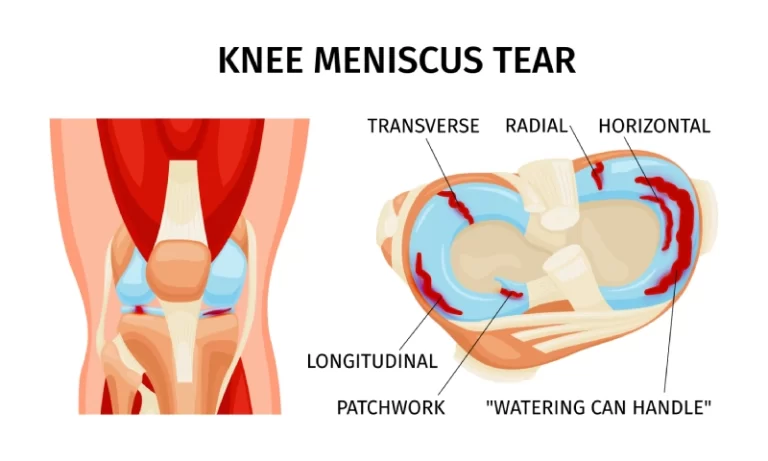
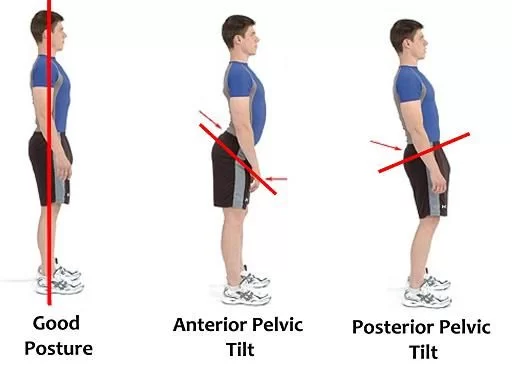

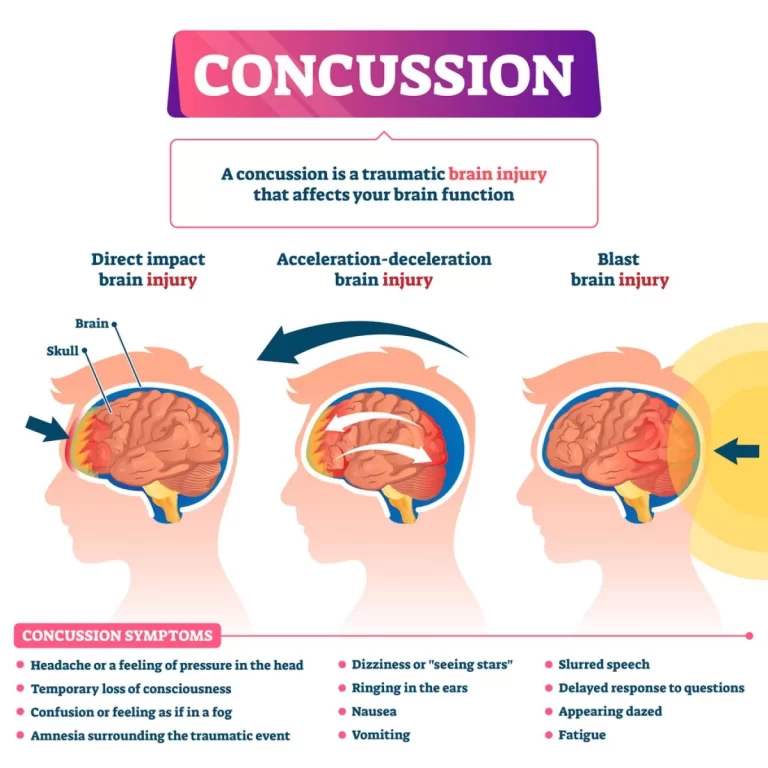
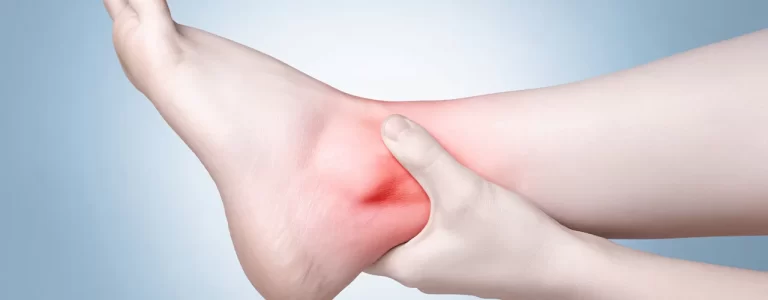
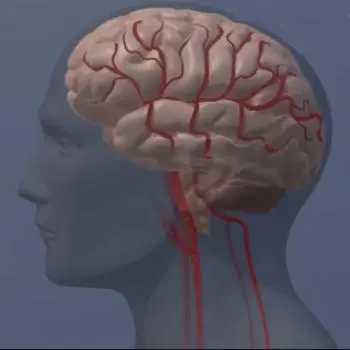
25 Comments